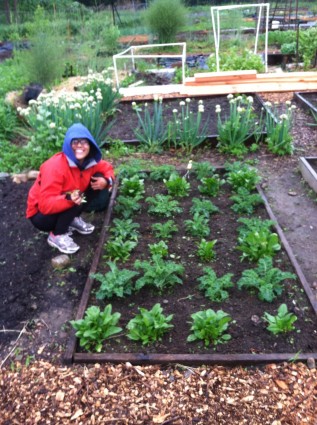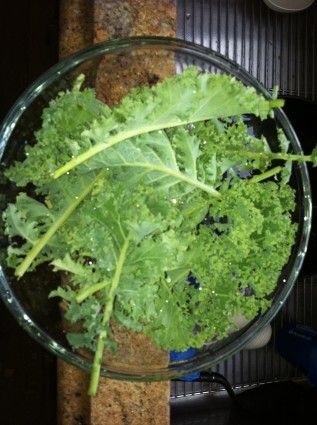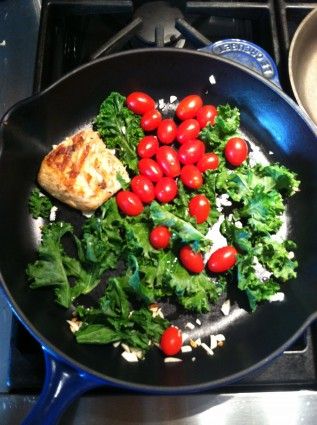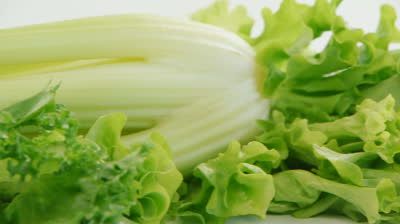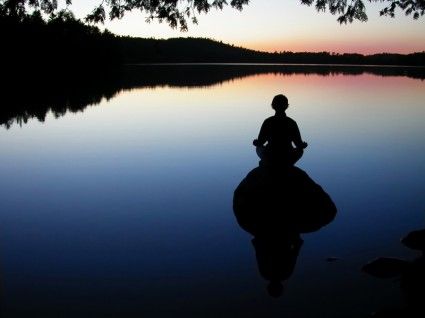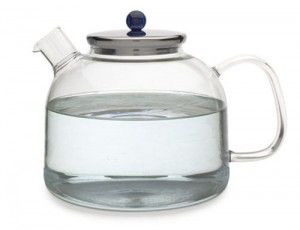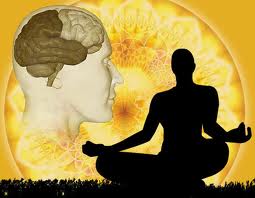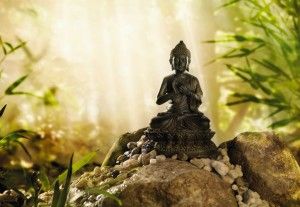
10 Ways to Feel Alive Naturally:
Here are ten ways to feel alive naturally — I’ve included these amazing practices into my life in recent years. The results have been life changing!
Following these tips can help you feel more aware, more present, more connected, and help you feel alive naturally. Let us know what you think in the comments section!
1) Hydrate.
We are made of water. Over 75% of our brains are water. Water has so many positives that its hard to name them all. It helps regulate body temperature. It helps convert food to pure energy. It helps wake up inactive muscles. It helps remove waste. Drink water in the morning to wake up. Drink water before you eat to aid digestion. Drink more water. Feel alive naturally.
2) Get active.
Exercise is a natural anti-depressant. While exercising your body will begin to release chemicals and you will find yourself being more present and happy. Exercise is the key to longevity — it will make your bones stronger, your heart stronger, and your immune system purer. Move around daily.
3) Eat 6 Small Meals A Day.
After reading books such as In Defense of Food and The Omnivore’s Dilemma I feel educated enough to know that a diet based primarily around fruits and vegetables will make you feel the most fresh and present. (I still eat meat, just less than I used to). Make sure to wake up early enough to eat a healthy breakfast. Skipping meals will throw your metabolism out of balance, causing you to become faint and lose valuable energy.
4) Morning Creativity Practice.
A morning creativity practice is liberating. Carve out time each morning before your “real” day begins, and get in the habit of writing, working on your website, your novel or your home business at the same time each day. It will help you think and accomplish goals. You may find that you will organically become more creative and more energized to work on your project.
5) Set Tapas.
Tapas are another name for goals. I think of all the people setting New Year’s resolutions in western society and trying to go from zero to hero overnight. When you set an intention or tapas you will begin building your will power. Will power is discipline and self-control. Set small, attainable goals & achieve them. Begin to conquer your mind. Build your will power and nothing will stop you from what you want to achieve.
Suggestion: Do not tell people your tapas. In the western world we tell everyone and anyone our goals for social kudos. Keep your tapas b/w your most trusted confidants and your Source.
6) Be Organized.
Being organized is extremely important in having a stress free life. There are many advantages to being organized that include reduced stress, saving time, and working more efficiently. Being organized will equal more life and energy to focus on other things.
7) Sleep.
When you deprive yourself from sleeping 7-9 hrs a night you are increasing your risk for diabetes, heart attacks, and death. Carrying a sleep debt throughout the week with the hopes of paying it off on the weekend is a bad strategy. Move your work into the morning hours and feel alive naturally.
Suggestion: Turn off distractions before bed and give your body the much needed rest it wants.
8) Positive Energy.
Everything is energy. Energy is powerful enough to create a good or bad day. Everything you involve yourself in is a result of the energy you contribute. Consistently try to manifest your happiness. It will take more than a few days of positive thinking to make a significant impact on your long-term attitude patterns and help you feel alive naturally.
Suggestion: Surround yourself with positive people. It is said that you are the average of the 5 people you spend the most time with. Do you hang with negative people?
9) Meditation.
For anywhere from fifteen minutes to an hour (or more) each day, whether alone or with a group, sit in a quiet place with your eyes closed, focusing on your breath as it moves in and out. You may begin to develop dissociation between thought and identity. You may feel yourself becoming One with the world around you. You will “awake” with more energy.
10) Don’t Go the Programmed Route.
Wake up, breakfast, work, lunch, work, dinner, activity, sleep. It seems that 95% of Americans have that exact routine. Be different. Be that person you always wanted to be.
Travel. Explore. Read. Write. Learn. Meditate. Sleep during the day. Work at night.
Constantly make sure your pushing yourself to evolve and be different. Stand out in your life.
Excite yourself in different ways. Take risks. I’m gonna try to do the same.
Which of these practices do you utilize to feel alive naturally? What other tips do you have for the Lucid Practice Community?
~BL
